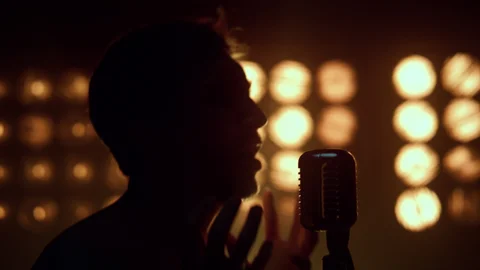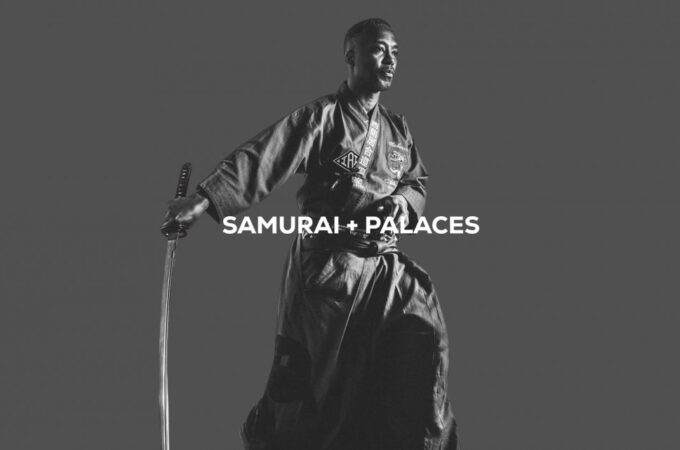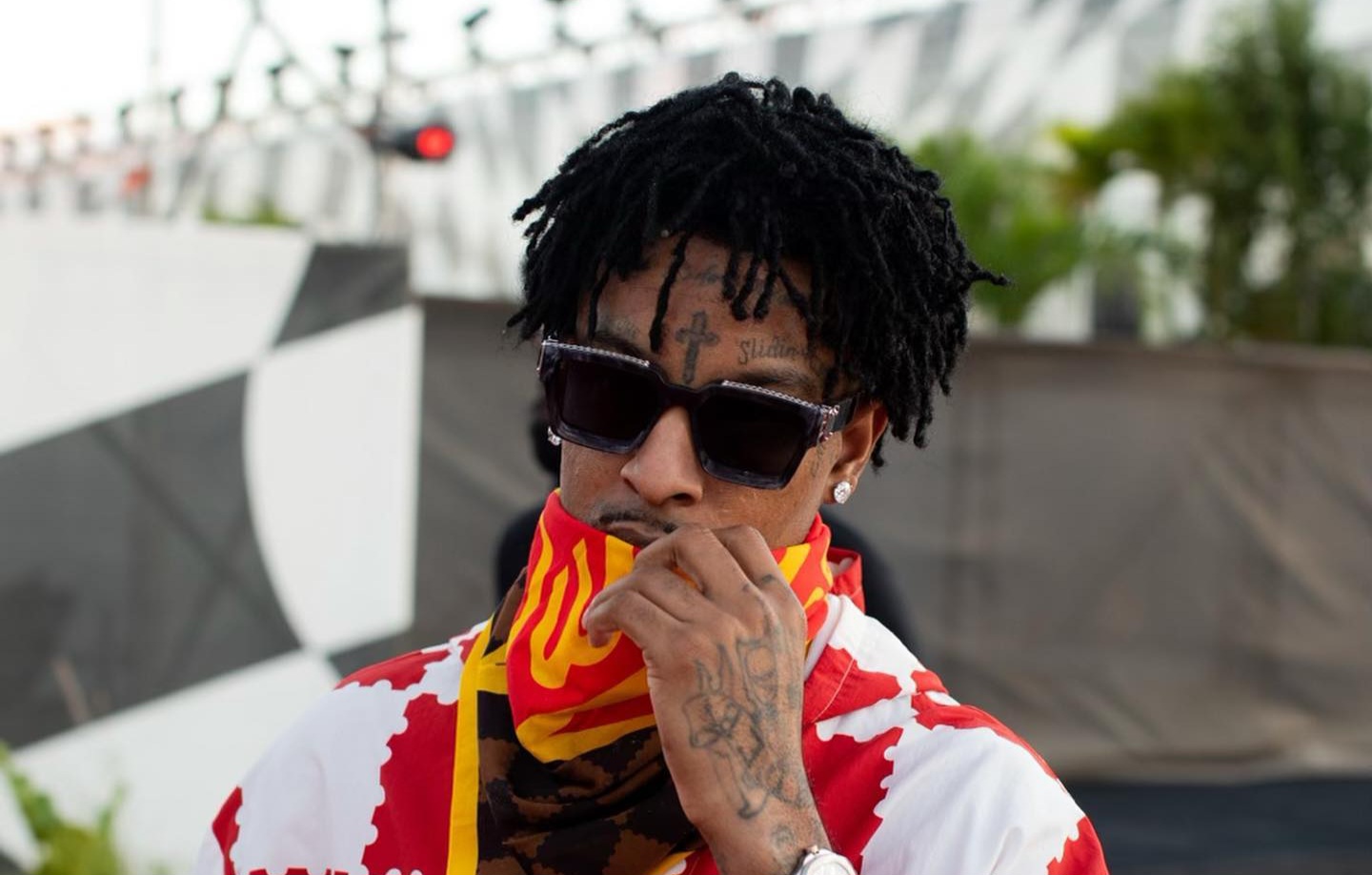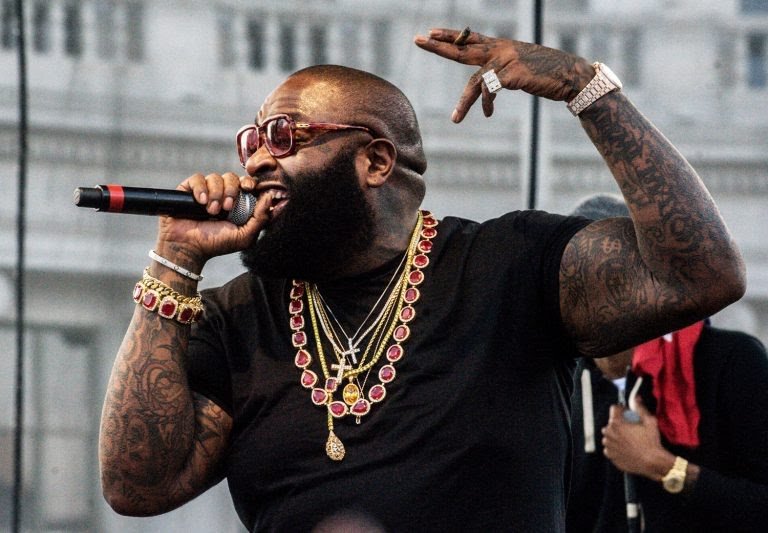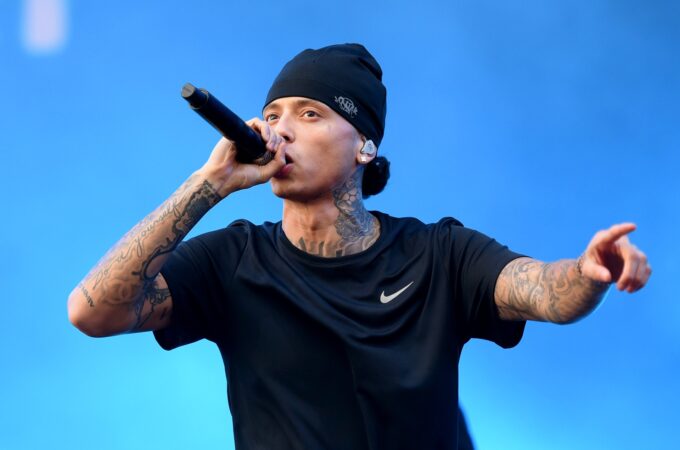
Who Was The First White Rapper? Setting the Record Straight
Dig into hip-hop’s roots and find out who really was the first white rapper. Note that this is not just a name-drop, this is culture talk from the ground up.
When we discuss facts about hip-hop, we have to talk real. A lot of folks jump into convos with surface-level knowledge, but here on Aswehiphop, we don’t do shallow takes.
This one’s about the first white rapper, not the most famous, not the biggest hit-maker, but the first to step into a Black-built space and spit bars with respect.
And no, it ain’t Eminem. I know most of you already think that he is. There’s no denying that he’s one of the best to ever touch the mic, truly there’s no doubt about that.
But this story started way before and we’ll take it all the way back, because hip-hop history deserves that.
What Makes Someone “The First”?
Saying someone is the first white rapper doesn’t mean they were the best or even the most respected.
It means they were early, like when rap was still breaking out the basement, and records were pressed in local shops, and the sound was just getting started.
The early days of hip-hop were raw. It was DJs, breakdancers, graffiti, and MCs battling on the block. It came from Black and Latino communities in the Bronx.
During the time a white rapper showed up, it meant stepping into a space they didn’t create, but could still show love and skill if done right.
Was It Vanilla Ice?
Nope.
Let’s Not Even Go There.
A lot of folks who don’t know better will say Vanilla Ice was the first white rapper because of Ice Ice Baby.
Actually, the song was a hit. But nah, he wasn’t first, and neither, was he respected in the culture.
Vanilla Ice came with a flashy image and questionable stories about his background. He didn’t earn stripes in the underground.
He wasn’t in ciphers or battling in small clubs, but was pushed by labels to chase a pop-rap look, and the culture never fully embraced that. Respectfully, he’s not the one.
Who then was it?
The answer is the real OG’s: The Beastie Boys
If you ask most real hip-hop heads who the first white rapper was that actually got respect, they’ll tell you The Beastie Boys. And they got a case.
These three white boys from New York, MCA, Mike D, and Ad-Rock, came through the door with loud voices, punk energy, and real bars.
Their 1986 album Licensed to Ill was the first rap album to hit number one on the Billboard charts. And they did it without sounding fake.
They didn’t try to sound like someone else. Brought in their own style and stayed true to their background, while still giving all love and credit to hip-hop’s Black roots.
And you know what?
The community respected them for that.
But Wait, Was There Someone Before Them?
Actually, yeah. Going back even further, there’s a name that often gets missed, and it is that of MC Serch of 3rd Bass.
Before Eminem, before even Beastie Boys really blew, MC Serch was out here rapping alongside Black artists and getting co-signs from legends.
3rd Bass dropped their debut album The Cactus Album in 1989, and trust me, it wasn’t no gimmick.
The bars were there, and it sounded legit. They even had beef with Vanilla Ice for being a “poser.” That tells you where their hearts were.
Serch was from Brooklyn, so he understood the culture, and more importantly, he respected it.
Now we got a little list, which includes Beastie Boys, MC Serch and a few others in the mix. And we’re still not all the way back.
T La Rock dropped “It’s Yours” in 1984, which had a huge impact on hip-hop production and lyricism.
While he wasn’t white, there were white collaborators behind the scenes helping him mix and distribute the record.
This is important because early white contributors didn’t always rap, yet they were helping shape the sound from the corners.
Pete Nice, another part of 3rd Bass, also deserves some flowers. He helped legitimize the idea of white rappers not being jokes.
Again, it wasn’t about trying to take over, it was more of showing skill, learning the history, and honoring the craft.
Delving further, we can also consider Blondie’s Debbie Harry as the very first white rapper to ever touch the mic in hip-hop’s earliest days.
Now hold on, she wasn’t a rapper in the traditional sense. Although in 1981, her band dropped “Rapture,” which featured one of the first mainstream rap verses on TV, and it was from a white woman.
Wild, right?
She even name-dropped Fab 5 Freddy and brought rap visuals to MTV before a lot of the industry knew what hip-hop even was.
Still, if we’re to talk about the first white rapper with real credibility in the game, someone who got love from the streets and industry?
It’s Beastie Boys. No debate.
They didn’t just show up, but also studied the culture, practiced the art, and carved their own lane. That’s how you do it.
What This Means for Hip-Hop Now
Fast-forward to 2025, and the rap now is full of diversity. You’ve got white rappers, Latino rappers, Asian rappers, all putting in work.
However the door was first cracked open by the first white rappers who walked through it with love and respect.
They didn’t just change how the world saw rap, it was also proven that hip-hop belongs to everyone who respects it.
And now that you know the story? Go share it.

